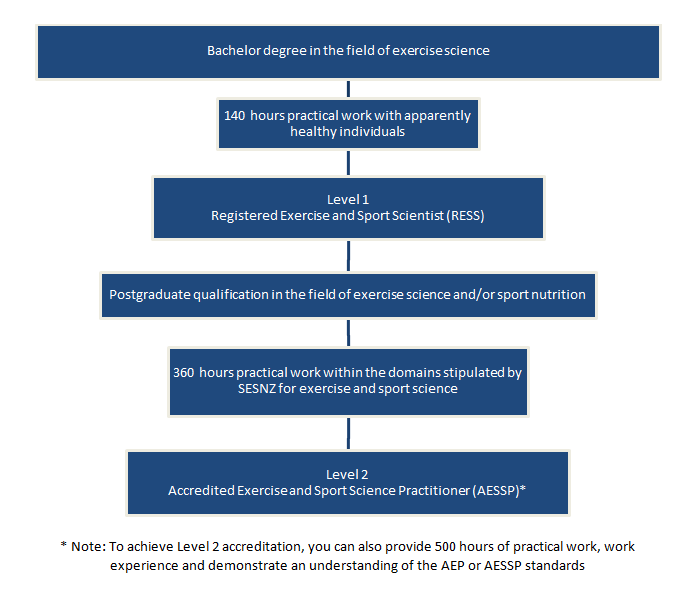Sports Nutrition
A Sports Nutritionist has a background in exercise science and is an expert in the assessment of an athlete’s dietary intake to encourage improved sporting performance and recovery.
Scope of practice
- Knowledge and understanding human body systems, cell and molecular biology, biochemistry, and chemistry.
- Recognise the signs of inappropriate dietary behaviours and understand appropriate referral pathways.
- Explain the strengths and limitations of commonly used methods for measuring and analysing body composition.
- Describe the evidence for the efficacy of common nutritional supplements and nutritional ‘ergogenic’ aids, and demonstrate awareness of prescribed or illegal supplements.
- Demonstrate an understanding of the role human nutrition has and its effect on sporting and athletic performance
- Ability to accurately interpret the athlete’s need for optimising energy levels and recovering more effectively
Skills and competencies
Candidate case studies should demonstrate the following;
- Ability to perform a needs assessment on an athlete’s dietary intake for energy and recovery to enhance sporting performance
- Ability to describe the fundamentals of nutrients and health for athletic performance
- Ability to assess international fads and explore research to encourage healthy choices for athletic performance
- Ability to identify the need for behaviour change and nutritional education
- Ability to communicate with athlete’s and general population to increase their understanding of nutrition and well-being

